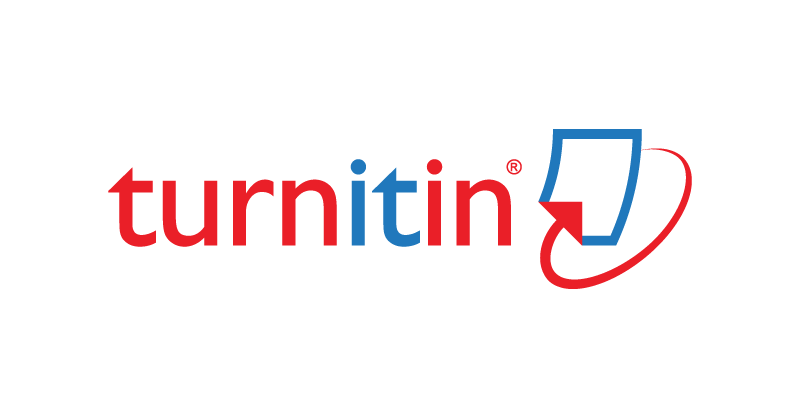Perilaku UMKM Terhadap Pelaksanaan Pemungutan Pajak UMKM Dengan Menggunakan Self Assessment System
Abstract
Abstract - The implementation of MSME tax collection with the Self Assessment System is a tax collection system by calculating, paying and reporting by yourself by giving confidence to taxpayers based on applicable laws and regulations. This study aims to 1) determine the implementation of the implementation of the self-assessment system in Makasar District, East Jakarta; 2) analyzing the understanding of the taxation knowledge of the UMKM taxpayers, 3) analyzing the implementation of the MSME taxpayer obligations 4) analyzing the tax awareness of taxpayers' sensitivity. This type of research is qualitative descriptive by means of direct primary data collection through interviews with 10 taxpayer informants of MSME actors. The results of his research indicate that the implementation of the self-assessment system has not been going well and more intensive assistance is needed. This is due to the lack of public awareness of taxation and lack of understanding of taxation knowledge. There are 4 informants who run the self-assessment system, 2 of which are assisted by tax consultant services and 6 other informants have not implemented the self assetment system properly
Full Text:
PDFReferences
Ajzen. (2002). Perceived behavioral control, self-efficacy, locus of control, and the theory of planned behavior. Journal of Applied Social Psychology, 32.
kemenkeu.go.id. (2018). Pokok-pokok Kebijakan APBN Tahun 2018. Https://Www.Kemenkeu.Go.Id/Apbn2018.
Kementerian Koperasi dan Usaha Kecil Menengah Republik Indonesia. (2020). Kementerian Koperasi dan Usaha Kecil Menengah. Http://Www.Depkop.Go.Id/Uploads/Laporan/1580223129_PERKEMBANGAN%20DATA%20USAHA%20MIKRO,%20KECIL,%20MENENGAH%20(UMKM)%20DAN%20USAHA%20BESAR%20(UB)%20TAHUN%202017%20-%202018.Pdf.
Ma’rifah, A. U. (2019). ANALISIS PEMBERLAKUAN PAJAK UMKM TERHADAP TINGKAT KEPATUHAN WAJIB PAJAK UMKM. FAKULTAS EKONOMI DAN BISNIS UNIVERSITAS BHAYANGKARA SURABAYA.
Mardiasmo. (2016). Perpajakan. In Perpajakan (2016th ed.).
Mukhamad Wisnu Nagoro. (2021). Sejarah Pajak Indonesia. Pajak.Go.Id.
Putri1, T., Saerang2, D. P. E., & Novi S. Budiarso. (2019). ANALISIS PERILAKU WAJIB PAJAK UMKM TERHADAP PELAKSANAAN PEMUNGUTAN PAJAK DENGAN MENGGUNAKAN SELF ASSESSMENT SYSTEM DI KOTA TOMOHON. Jurnal Riset Akuntansi Going Concern, 14(1), 130–136.
Setyaningsih1, E. D., Zuniarti2, I., & Misriati3, T. (2019). PKM Strategi Membangun Bisnis Yang Kuat Melalui Pendampingan Pada Komunitas Kebon Pala Berseri Kecamatan Makasar Jakarta Timur. JPP IPTEK.
Taufik Kurachman. (2020). TINJAUAN MANFAAT PENETAPAN JANGKA WAKTU TERTENTU BAGI WAJIB PAJAK DENGAN PEREDARAN BRUTO TERTENTU. Jurnal BPPK Volume 13 Nomor 2 Tahun 2020 Halaman 53-64, 13.
Undang-Undang Republik Indonesia. (2008). Undang-Undang Republik Indonesia Nomor 20 Tahun 2008 tentang UMKM. In Undang-Undang Republik Indonesia Nomor 20 Tahun 2008 tentang UMKM.
Virdita Ratriani. (2020). Kriteria UMKM. Https://Nasional.Kontan.Co.Id/News/Simak-Ini-Pengertian-Dan-Kriteria-Umkm-1.
Widyaningtyas, N. S. (2019). Hubungan Antara Perilaku Wajib Pajak Dan Kebijakan Pajak Berdasarkan Sudut Pandang Behavioral Accounting. E-Jurnal Akuntansi, 14–27.
DOI: https://doi.org/10.31294/moneter.v8i1.9882
Index by:
dipublikasikan oleh LPPM Universitas Bina Sarana Informatika dengan dukungan Relawan Jurnal Indonesia
Jl. Kramat Raya No.98, Kwitang, Kec. Senen, Kota Jakarta Pusat, DKI Jakarta 10450

This work is licensed under a Creative Commons Attribution-ShareAlike 4.0 International License






